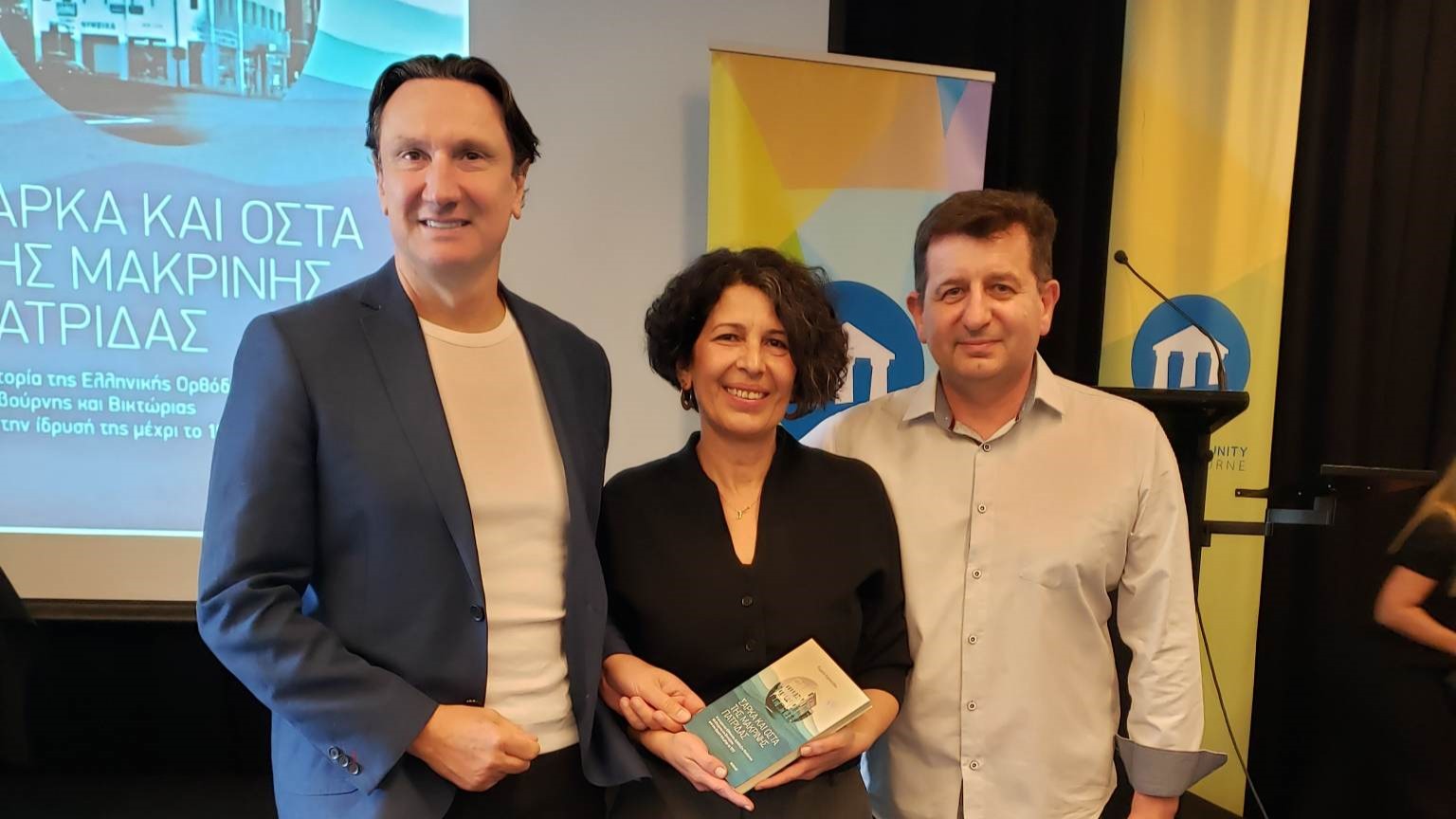The book of Juliana (Georgia) Charpantidou, The Embodiment of a Distant Homeland, which sheds light on the history of the Greek Community of Melbourne (GCM) from its foundation to 1972, was launched on Sunday at the Greek Centre.
The room was full of attendees and many officials were present, as well as guests who shared their opinion about the book’s content and approach.
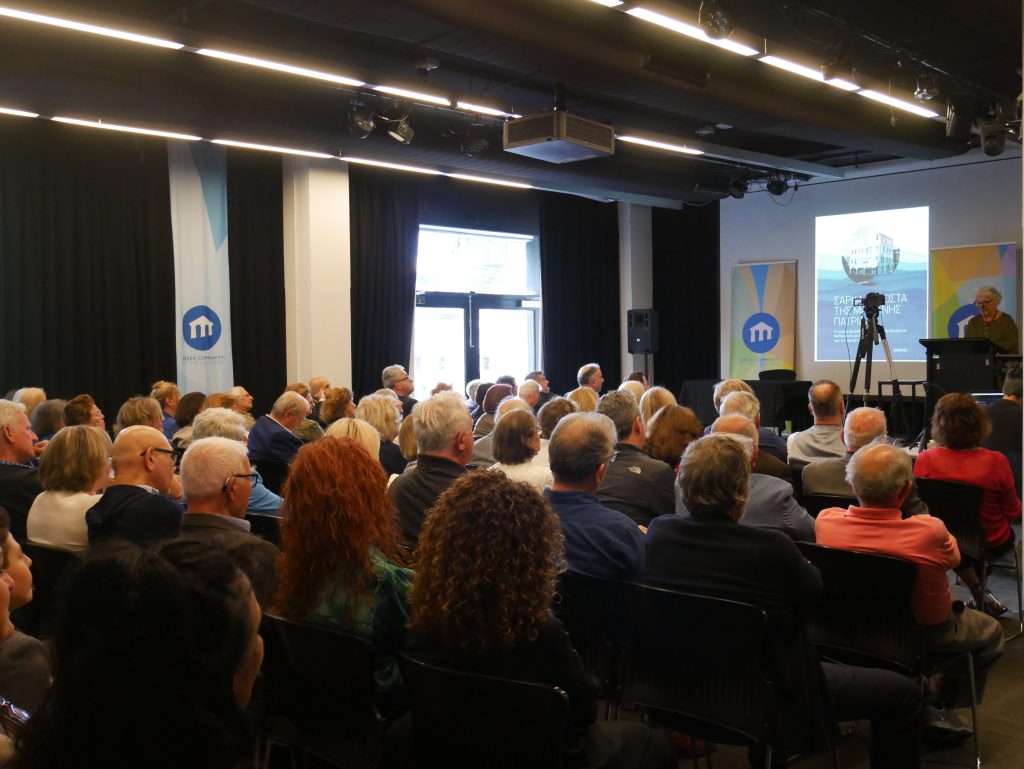
The President of the GCM, Bill Papastergiadis, said: “We feel especially proud and justified by the result of our initiative which was accompanied by a long term and persistent effort to research and write down our past with an objective and thus, a more constructive way for our future.”
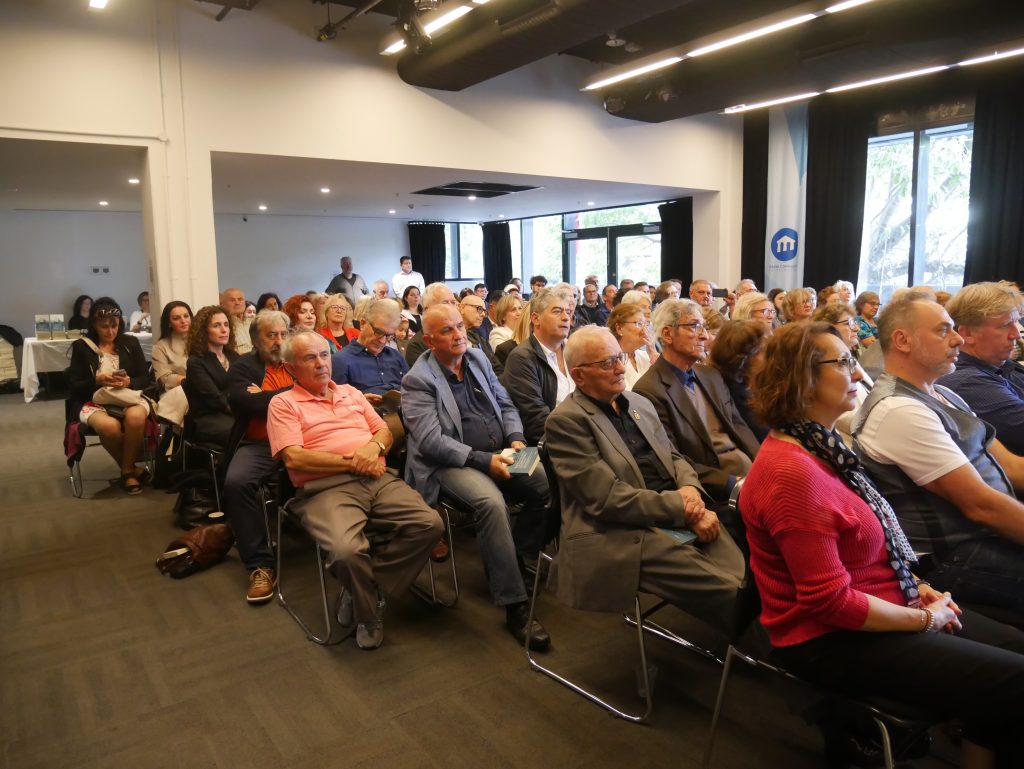
“This book expresses in the clearest way the devotion of our community to one of the basic pillars of its aims: it’s contribution to the perseverance of our collective memory and the necessary reflection of our past.”
The Consul General of Greece in Melbourne, Emmanuel Kakavelakis, spoke to The Greek Herald at the event about the importance of the history of the GCM.
“It is something that the community really needed. It is an organisation which is alive and has reached a point that in order to be able to move forward it has to know where it comes from. And this gap is finally covered by this book,” he said.
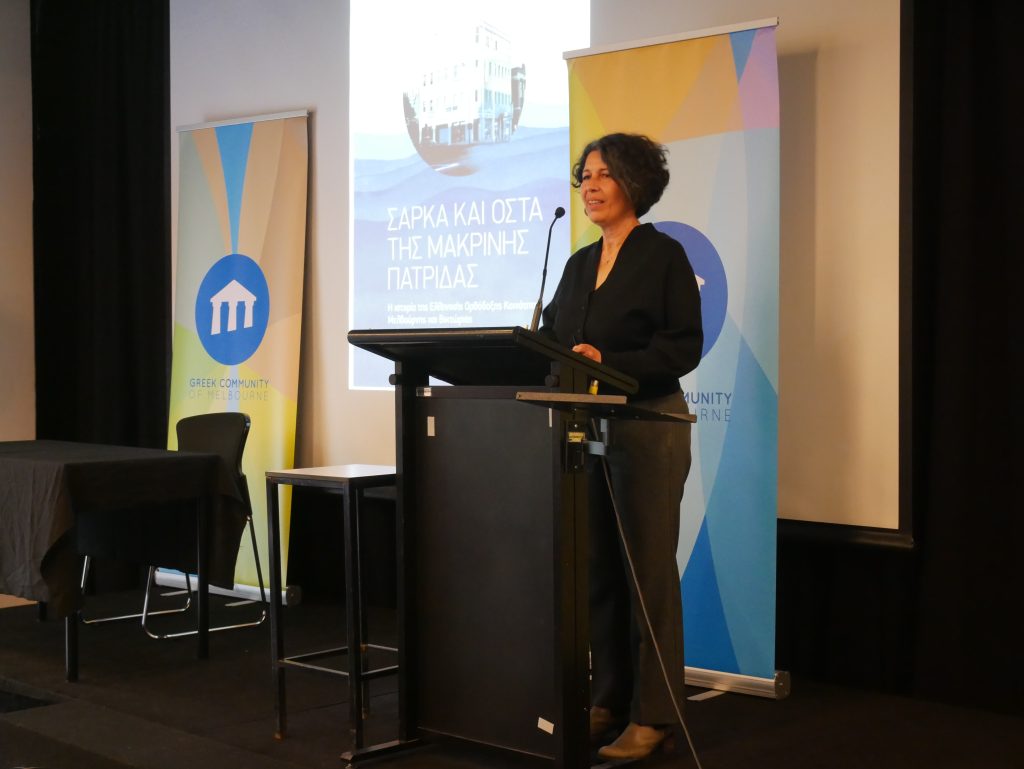
“Through its pages jumps the Hellenes’ quest of how to maintain in this place his coherence and his identity and how he has, in a big part, achieved that.”
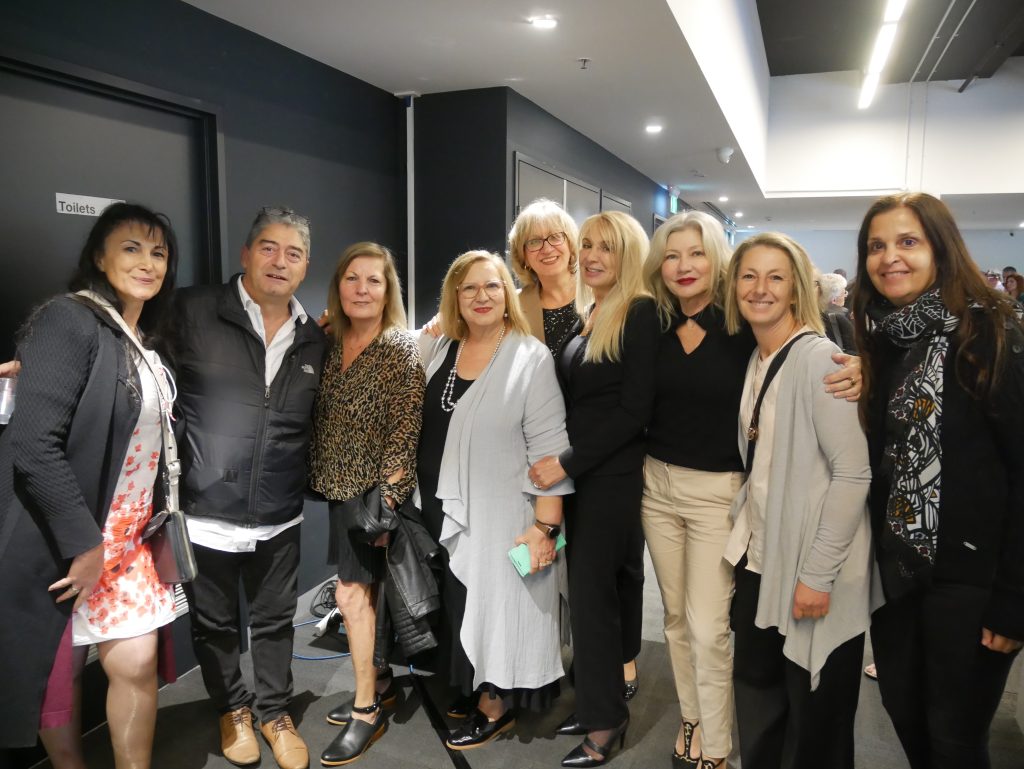
The author, Ms Charpantidou, started her academic career in her 30s and graduated from the Department of Sociology of Panteion University of Athens before coming to Australia in 2013, after the outbreak of the economic crisis. Her research for the book was based on sources such as the GCM’s archives and mail, the State Archives of Australia, press archives of the past and the Dardalis Archives for the Greek Diaspora of La Trobe University.
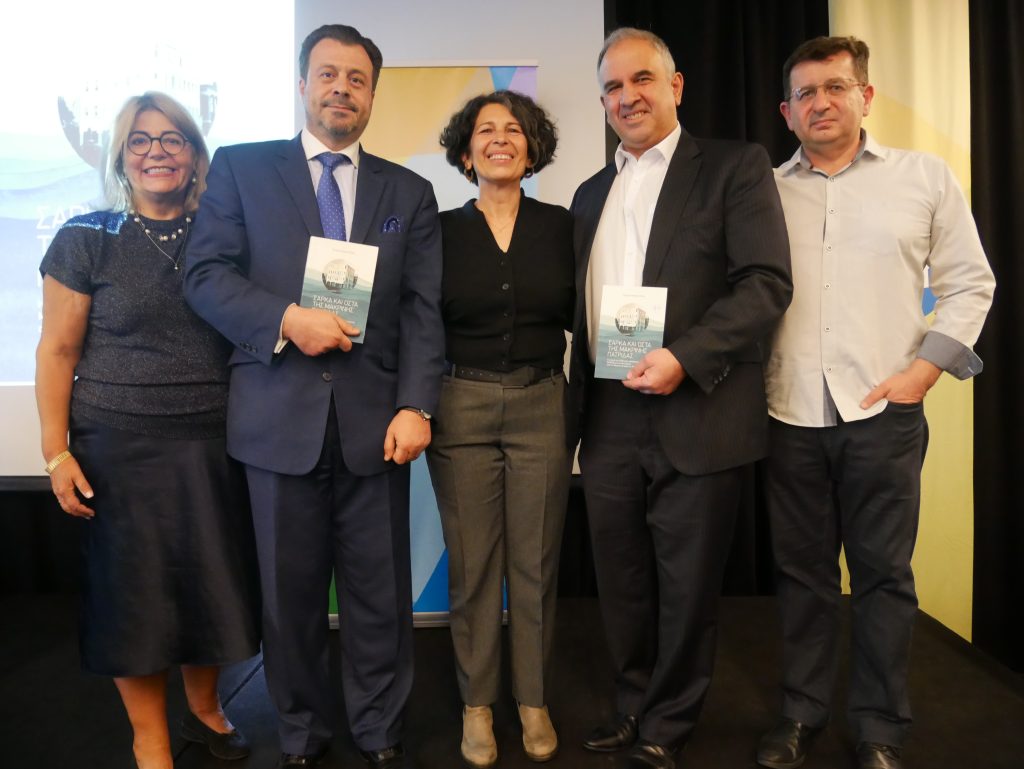
“I knew I would never be able, or it would be really hard, to do something research wise in Greece. I came to Australia because of some people I knew. I met with members of the Board here, we had some conversations with the president of the community and he offered me to write about its history,” Juliana told The Greek Herald.

“The first plan was to do a book about all the history of the community. I was given two and a half years to do it. It was not possible and we were limited to the history until 1972, when I found the ideal end point of the research.”
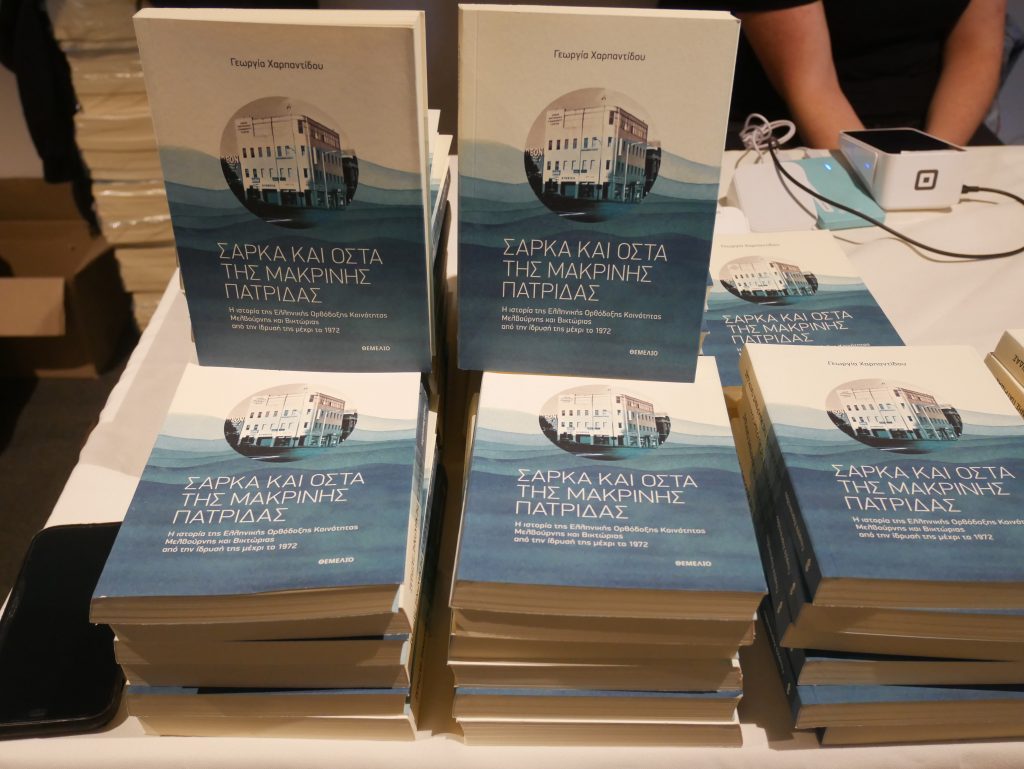
After explaining the demanding research and digitalisation of the handwritten sources of the past she added: “We have to put the Greek collective activity in a more generic frame to see it in the way it happens to other ethnicities. All migrants create unions and feel the need to create official or unofficial networks to be able to survive in their new homes.”
For her, every union and organisation has its functions and its purpose.
